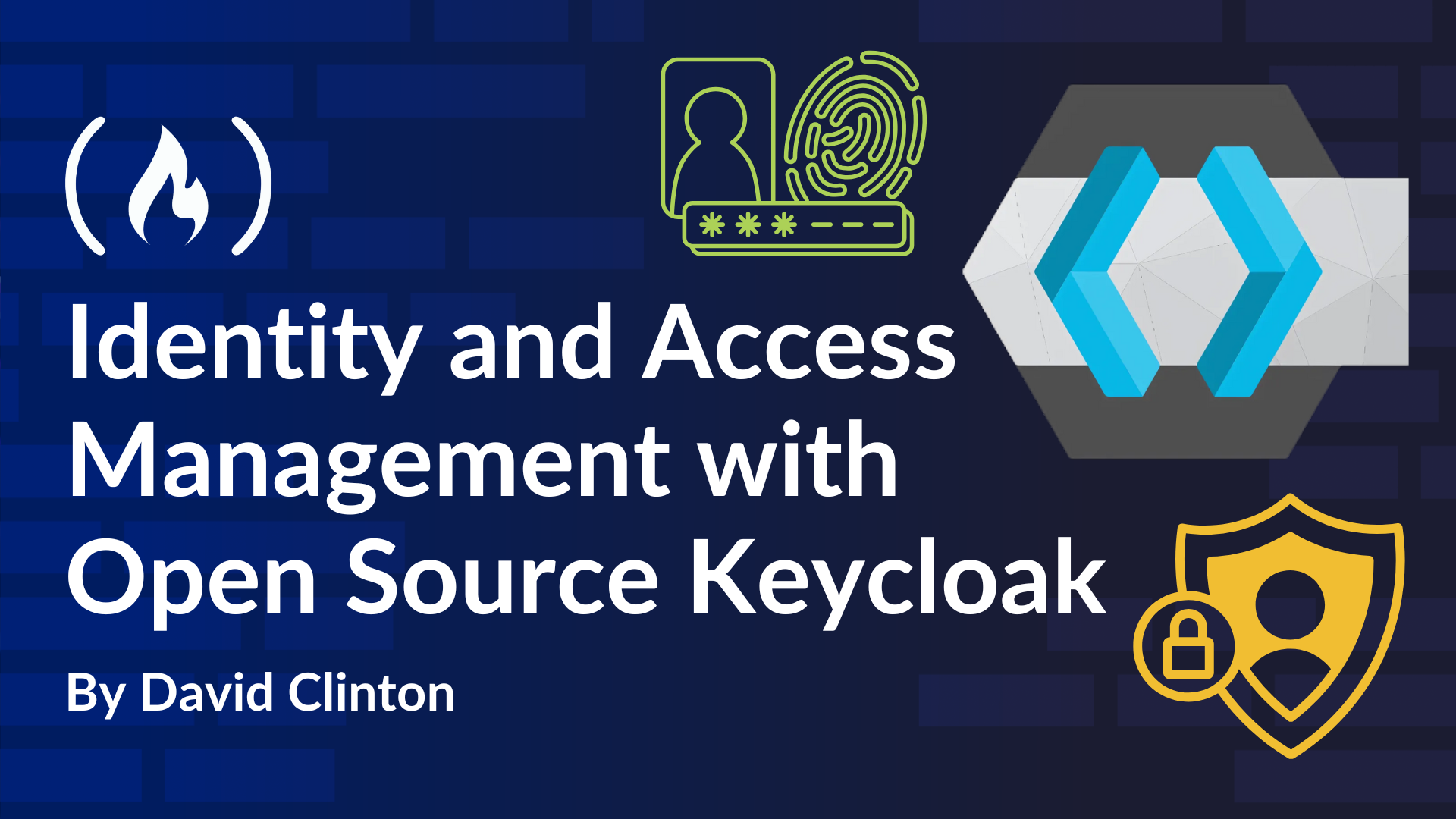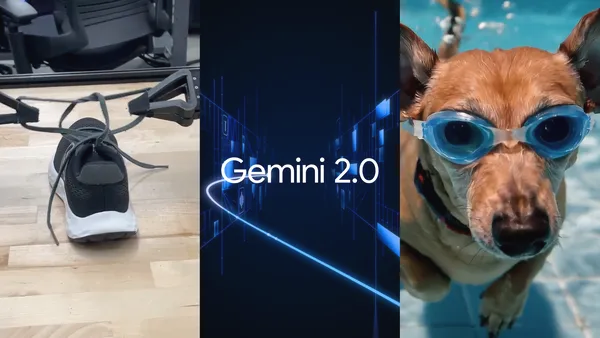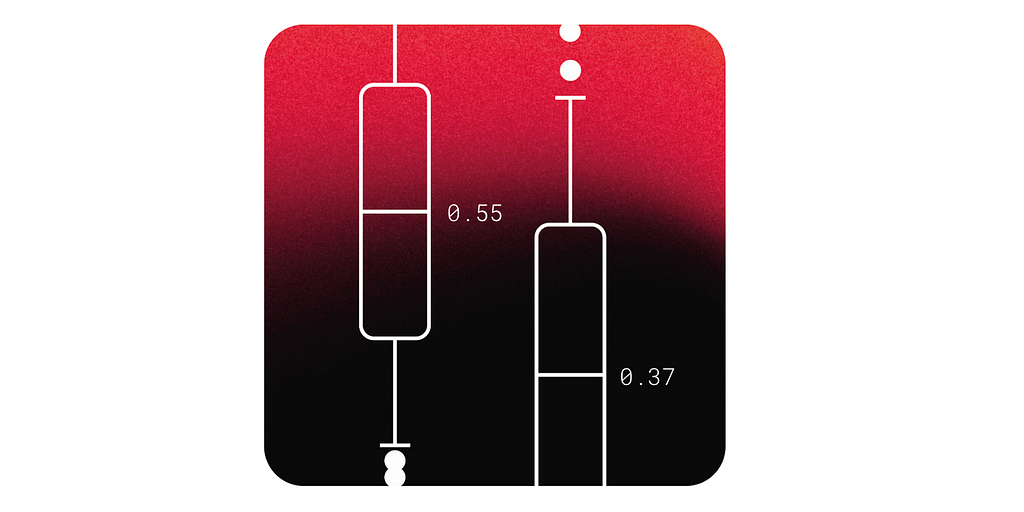ChatGPT is the homework helper for more than a quarter of teens – and the trend is accelerating
A Pew Survey finds ChatGPT use by students doubled in a year.

- ChatGPT's use in schoolwork doubled in a year to 26% among U.S. teens
- A majority of teens think using ChatGPT for research is fine
- Far fewer support using ChatGPT to write essays or solve math problems
I'm old enough to remember when teachers said we couldn't use a calculator in tests because we wouldn't always have one in our pockets, and they would check essays that seemed familiar against their entry on the Encarta CD-ROM encyclopedia. Teachers today are faced with the far more sophisticated tools offered by ChatGPT and other AI chatbots, whose popularity has skyrocketed among students, according to a new report from the Pew Research Center. The percentage of teenagers using ChatGPT for schoolwork doubled from 13% in 2023 to 26% a year later.
Let’s face it: schoolwork isn’t always the most thrilling part of a teenager’s life. It's not shocking a lot of teens are turning to AI for a little academic assistance. But the details of how ChatGPT is used by students are a little more nuanced. Pew’s research found that a slight majority of 54% of teens are okay with using the AI chatbot for tasks like researching new topics, which is hard to claim is an attempt to cheat. That approval drops to 29% for using ChatGPT to solve math problems, and only 18% of teens think it’s acceptable to get ChatGPT to write essays for them.
ChatGPT's prominence makes it likely to be the most widely used of the many options. Even if all of the respondents were scrupulously honest about whether they used ChatGPT for schoolwork, that doesn't mean they haven't dabbled with Gemini, Claude, Perplexity, Meta AI, Microsoft Copilot, or any of a million apps that serve as a wrapper for ChatGPT's model. The Digital Education Council released a survey in August that pegged the global use by students of some kind of AI at a far higher 86%.
Academic AI
Students who aren't just turning in ChatGPT-written essays may actually be improving their education in creative ways. With the right approach, AI can be a great educational supplement, but never a replacement. Even the best ChatGPT prompt won't replicate the experience of wrestling with an idea until you finally get it. There are already some experiments in that vein, with Arizona State University (ASU) working with OpenAI to incorporate ChatGPT and London’s David Game College running an AI-taught class as part of its new Sabrewing program.
There's reason for concern over students becoming overly reliant on AI and not learning to think critically and solve problems independently. On the other hand, AI in education can mean, if leveraged properly, offering students access to personalized resources they might not otherwise have. That's the tougher but probably best recourse since even the strictest policies are unlikely to stop students from using AI in any context they can. You'd need a school that replaces all homework with oral presentations and requires all research to be done using paper books to prevent it.
You might also like...
What's Your Reaction?


















































